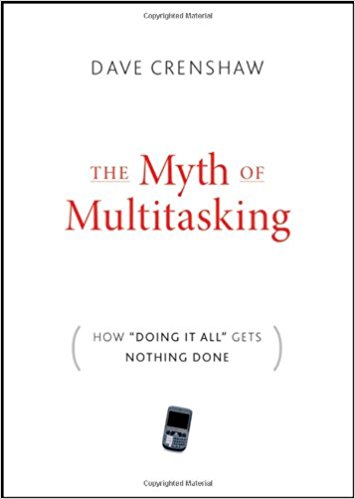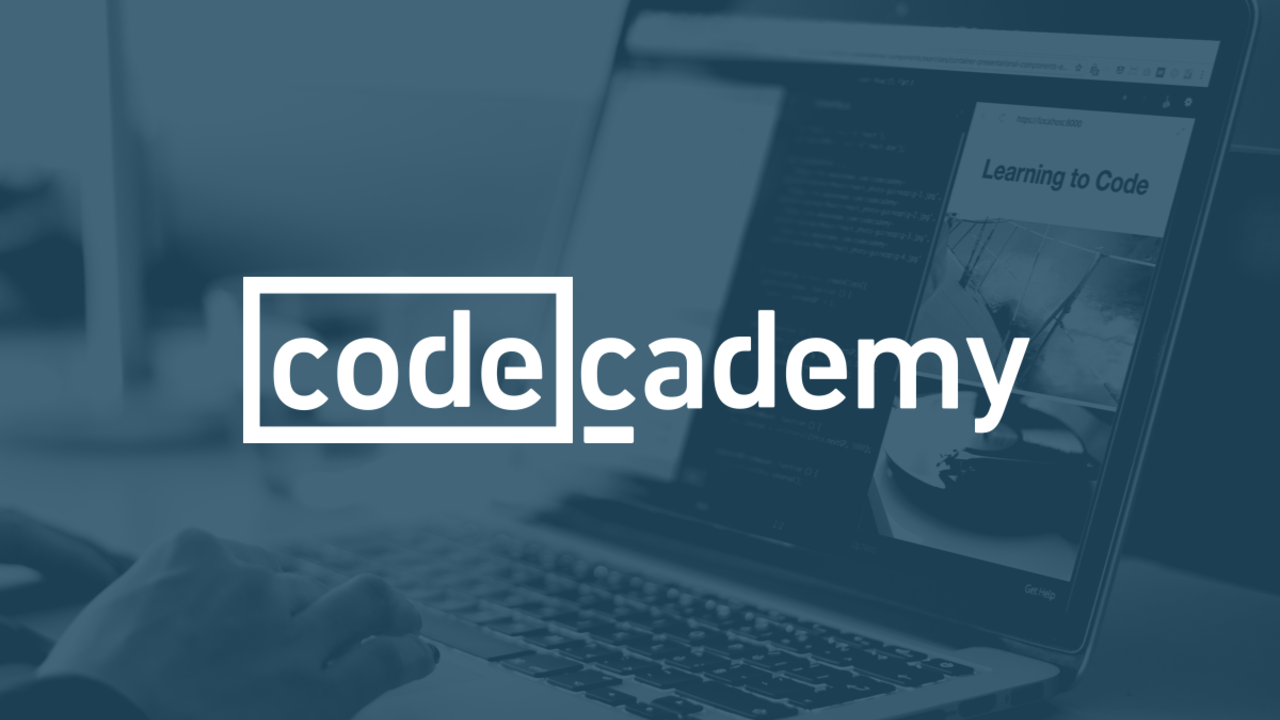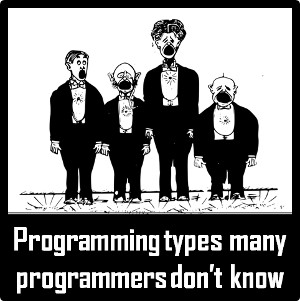A Definitive Guide on Learning Code While Still in College
Published on 10 May 18
1
1

No matter what you’re majoring in at college or university, there will always be a need to develop other skills and vocational areas of expertise. Whether you want to learn something for pleasure, or something to fall back on as a ‘plan B’ if your original ambitions don’t work out as planned, taking a side interest in something else is massively important.
Coding and programming are essential skills which are becoming ever more critical in today’s digital age. Whether you want to develop apps, new programs for a variety of business purposes, or want to create new games and tools, coding is essential, but it takes time and effort to learn effectively.
How can you balance your studies with your passion for programming? This is a question which more and more students are asking, especially as students are under more time pressure and greater workloads than ever before. Luckily for you, we’ve come up with some top tips to ensure your coding dreams can become a reality while you’re studying at university.
Prioritize Your Tasks
This one is hugely important: both your university education and coding skills are massively necessary, but you’ll have to think carefully at specific points which need to come first. You can continue your coding and programming studies at any point in life (or even during the summer holidays etc.)... but your university degree isn’t going to last forever, and needs to be completed by a specific date. Don’t skip classes to focus on coding, don’t let your college work pile up, and don’t hesitate to prepare your academic writing right on time.
Be Scheduled, Be Flexible
Given that you’re studying full time, it may feel like there aren’t enough hours in the day to split your hours between your college work and your coding. However, by setting up strict schedules, having plenty of self-discipline, and sticking to your timetables, you can create the flexibility which will allow you to do both.
Ensure you’re going to bed at a reasonable hour, and waking up bright and early each day to fit everything in. Create a routine which allows you to split your time successfully - for example, between 8 am and 4 pm, you can have your student hat on, and then you can dedicate the rest of the day to tinkering about with your HTML and programming platforms. Remember to have the flexibility to be able to break your routine from time to time, too, as there will be days when one thing will need to take priority over another.

Using some simple but illuminating exercises, the author illustrates just how inefficient switchtasking really is and then takes a testimonial through a process to illustrate just how much this inefficiency is costing in terms of productivity. Through these activities, Helen realizes her sense of time is very distorted and she also becomes painfully aware that her efforts to give people and multiple tasks her attention all at once is creating some extreme dysfunction in her relationships with her family and employees.
1
Find a Support Network
Perhaps some of your friends, roommates or course buddies are into coding as well. If so, great! You can call them when you need help out with a particularly tricky bit of programming. If not, you’ll be able to find vast networks of coders online, as well as plenty of freelancers out there who’ll be more than happy to chip in and take over for you when you’re just too busy to do it all yourself. Alongside with online resources like MyTechLogy, you can always find a definitive support and opportunity to ask on sites like DEV.to or ChangeLog.com.

Use the Best Resources
Every good coder needs a wealth of excellent resources and learning tools at their disposal, and by seeking out the best, you can save yourself loads of time and bother which might be wasted on outdated or unsatisfactory information. Do a bit of research, take a look at the reviews and thoughts of other coders, and choose your resources carefully.

https://www.youtube.com/watch?v=PaDVGUnOihw
If you've ever wanted to learn how to code to create computer software, apps or websites, there are tons of places on the internet that will teach you the sk...
Luckily, there are mountains of free educational resources online for coders, which can be accessed from anywhere in the world. Sites like CodeSchool, Codecademy, and Tutsplus have all been highly recommended, but feel free to ask around and figure out which are the best for your needs.

https://www.codeschool.com/
Learn to code in the comfort of your browser with video tutorials, programming challenges, & screencasts. Sign up today!

This blog is listed under
Development & Implementations
Community
Related Posts:
Students
Front-end
You may also be interested in
Share your perspective

Share your achievement or new finding or bring a new tech idea to life. Your IT community is waiting!

 Tim
Tim







really informative article!